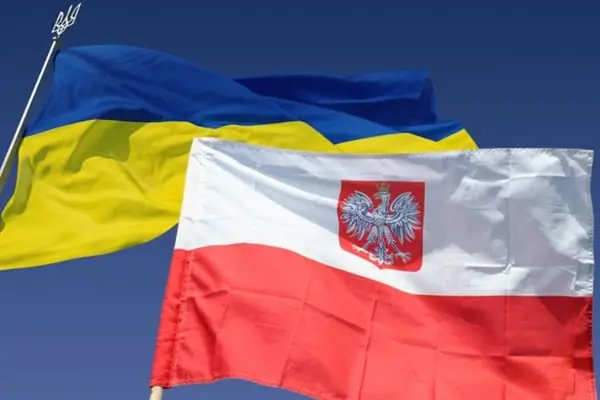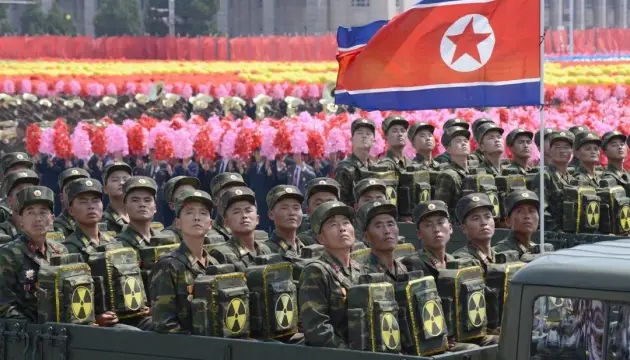What can be concluded from Xi Jinping's visit to Europe? What was the purpose of the Chinese leader's trip?
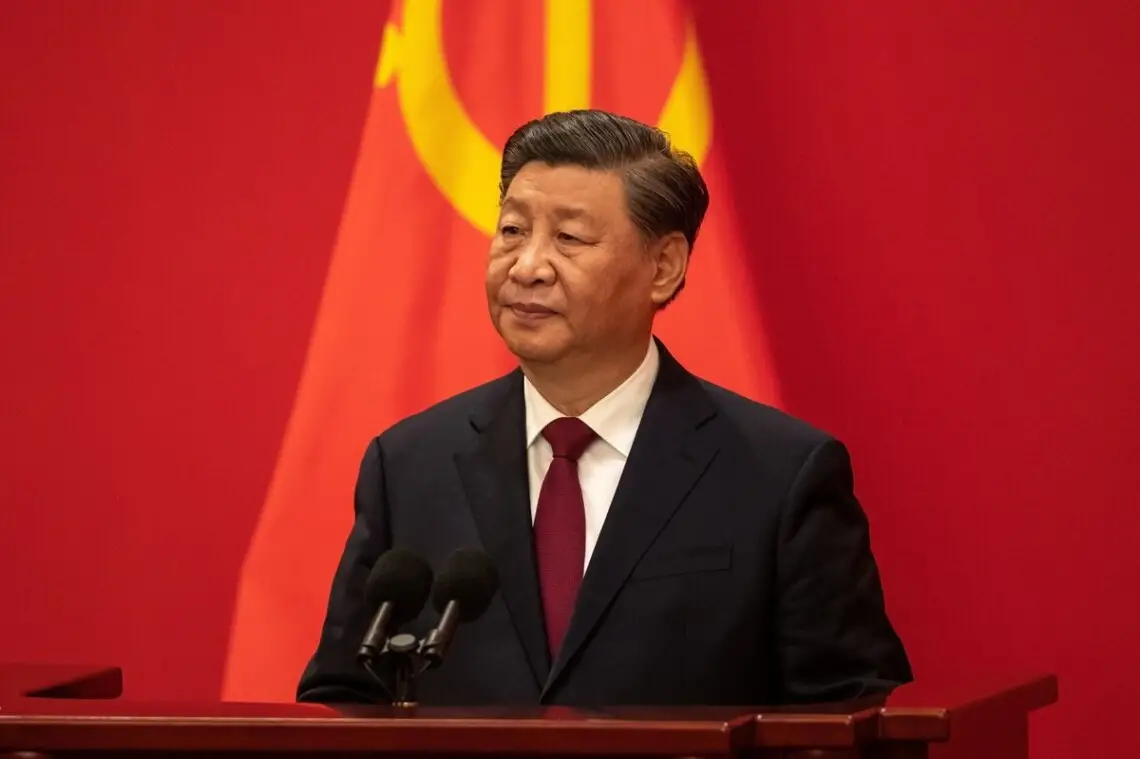
Has Europe managed to find a common language with Beijing?
General Secretary of the Central Committee of the Communist Party of China and President of the country Xi Jinping has completed his five-day visit to the European Union. This is his first visit to Europe in five years, and his intentions this year are clear: Beijing plans to demonstrate that it is ready to be a better economic partner of the bloc than Washington.
As part of his tour, Xi visited France, Serbia, and Hungary. These countries are very seriously considering investments from Beijing, despite numerous EU investigations into China's industrial policy and warnings from Washington officials about the risks associated with such investments.
The Chinese leader's visit coincides with a period when the European Union is steadily working on period when the European Union is steadily working to develop a common position with Washington on countering Beijing's ability to flood the world with cheap goods and pose threats to national goods and threaten the national security of various countries. For many years, the eurozone has acted as a buffer between the two leading economies of the world's leading economies, but now the situation is changing: Brussels is no longer turning a blind eye to the situation, creating more and more obstacles for Chinese companies; last week four people were arrested in Germany on charges of spying for Beijing's favor — this is just the latest case among several others.
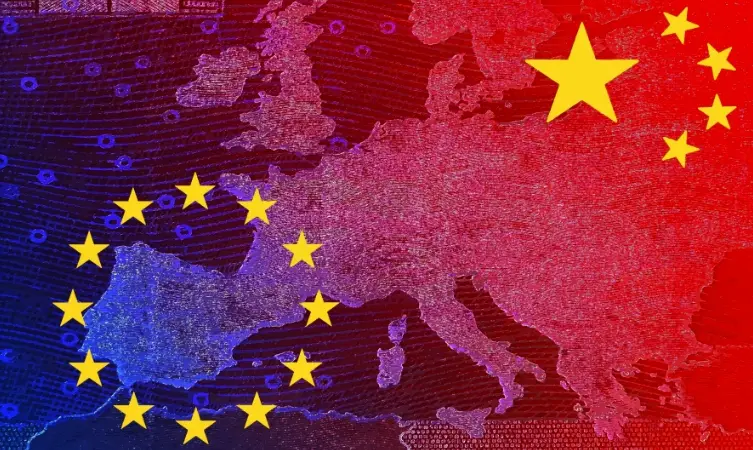
What was the purpose of the Chinese leader's visit to Europe
It is important for Beijing to reduce the involvement of Europeans in Asian issues and their cooperation with the United States on these issues. This is especially true for those aspects that directly affect China, in particular its complicated relations with Taiwan. Therefore, the choice of countries to visit in Europe looks somewhat strange to Europeans, with an obvious emphasis on capitals that often demonstrate a special position towards Brussels and Washington, as well as respect for Beijing's sensitivities towards Taiwan.
For example, Xi visited Belgrade, the capital of Serbia, which never became an EU member state, 25 years ago, the US army bombed the Chinese embassy in this city, an event that brought the anti-American positions of moscow and Beijing closer together.
The economic aspects of relations with Europe are also important for China, especially against the backdrop of the deepening financial and economic crisis that the country is experiencing, and the complications caused by russia's war against Ukraine. In this context, it is worth noting the EU's rather cautious policy of developing trade relations with China, driven by the desire to avoid dependence on the eastern economic giant, the unlimited flow of Chinese goods to the European market, and to expand its own economic opportunities in China, in particular, to lift the restrictions imposed. In addition, it is worth taking into account the first, so far, not so large-scale, EU sanctions against Chinese firms involved in trade with moscow, in particular dual-use goods, which, in the absence of a common understanding between the parties, may be expanded.
The Ukrainian issue was also raised during the strategic aspects of the visit. The Chinese leader not only did not avoid difficult questions, but also demonstrated his willingness to actively engage in a dialogue on the settlement of the so-called "crisis in Ukraine". However, this was based on his own relatively flexible interpretation of the key principles of international law, which does not include the need to provide assistance to victims of aggression and condemn the aggressor. Instead, in the issue of the russian-Ukrainian war, Beijing demonstrates a tough "Realpolitik" that includes a willingness to take into account the realities of occupation and a desire to end the war at any cost that interferes with its economic interests. All this is done with theoretical respect for the principles of ensuring the sovereignty and territorial integrity of states.
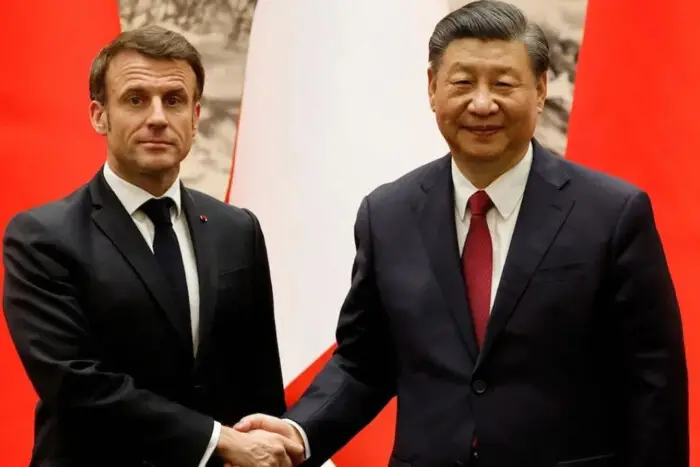
Xi's Visit to France
For Macron, Xi's visit to France, against the backdrop of the absence of visits to other key European capitals, served as another confirmation of his leadership on the continent, which he is now actively fighting for, including to secure his political future after his second term in office. However, it must be admitted that during his meetings with Xi, Macron forgot about Ukraine, the trade imbalance with China, or access to the Chinese market. French cognac, the French automotive industry, and French medical equipment received appropriate attention. At the same time, Von der Leyen's invitation to a joint meeting with Xi was intended to demonstrate both European unity on key issues and French leadership in the EU.
The independent Chinese press, in particular the English-language Hong Kong South China Morning Post, noted that during his visit, Macron signaled that Europe would cooperate with Beijing on its own terms amid the uncertainty of the US elections. According to the newspaper, this was evidenced, in particular, by the bilateral statement on the war in the Gaza Strip issued after Xi's meeting with Macron, which reflected a position closer to Beijing's than Washington's. This was perceived as proof that France has strategic autonomy when it comes to important global issues.
For von der Leyen, coming to Paris to meet with Xi allowed her to once again demonstrate her active concern for the EU's economic interests and the promotion of the Ukrainian issue. This was important, among other things, given her current struggle for a second term as President of the European Commission, as these issues are high on her agenda.
The issue of Ukraine was discussed mainly in Paris, including during Xi's trilateral meeting with French President Emmanuel Macron and European Commission President Ursula von der Leyen.
Xi assured in every possible way that China adheres to the principles of international law that Beijing does not violate them, and that it does not interfere in the russian-Ukrainian "conflict" on the side of one of the parties, including by not supplying weapons. Moreover, Xi emphasized that he is against the "crisis in Ukraine" being used to blame and vilify a "third country" and to fuel a "new Cold War".
At the same time, responding to the claims of the Europeans, Xi promised to refrain from selling "any weapons" to russia, providing moscow with "any assistance," and "strictly control" the export of dual-use equipment to russia. Macron noted this at a joint press conference in Paris on May 6 as one of the positive results of the visit. Time will tell how effective this promise will be in the face of Beijing's demonstration of an unchanged position on "resolving the Ukrainian crisis," in fact, at the expense of Ukraine's interests.
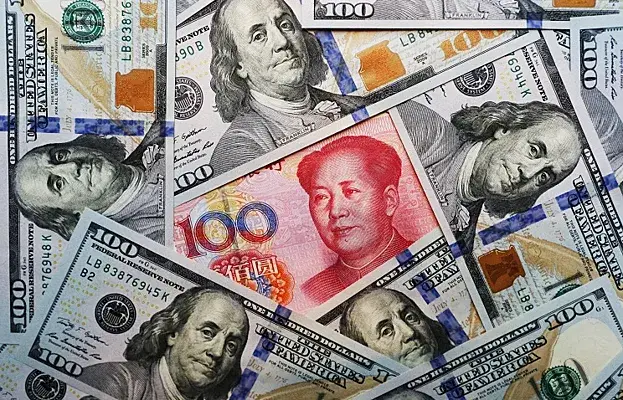
Chinese leader's visit to Hungary and Serbia
Xi left Budapest after signing 18 bilateral agreements to expand economic and cultural ties during his two-day stay in Hungary. The two countries announced what the Chinese president called a "comprehensive strategic partnership of a new era of forgetting weather conditions". According to Budapest, current Chinese investment projects in Hungary total more than $17 billion. Further investments are expected from Beijing, including in several factories for the production of electric vehicles and batteries.
The European Union accuses Beijing of unfairly subsidizing the industry and undermining its own automakers, but China denies this.
But Xi's visit was not just about money. China and Hungary sent a geopolitical message to the West.
"We used to live in a one-center world order. Now we live in a multipolar world, and one of the pillars of this new world order is the Republic of China, a country that is now determining the course of world and economic policy", Orban told journalists.
Hungary sees a double benefit in appeasing China, said analyst Andras Hettyey of the University of Public Service in Budapest.
"The government believes that this will be generally beneficial to the Hungarian economy. But I think we shouldn't forget that it also has to do with the political commitment or political ties between Hungarian and Chinese leading politicians", he said.
Ahead of his visit to Hungary, Xi visited Serbia, another European ally with close ties to moscow that, like Hungary, is a partner in Beijing's Belt and Road Initiative and has received billions of dollars in infrastructure and industrial investment.
During his visit, Xi reiterated Beijing's position that Kosovo, which declared independence in 2008, is still part of Serbia. Serbian President Aleksandar Vucic reiterated that his country accepts the "one China" principle, which considers Taiwan to be part of China.




